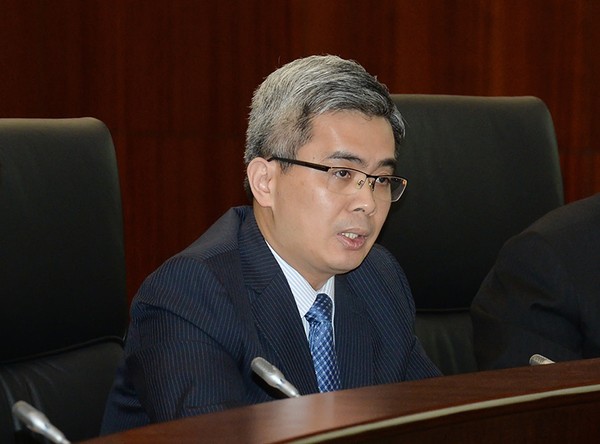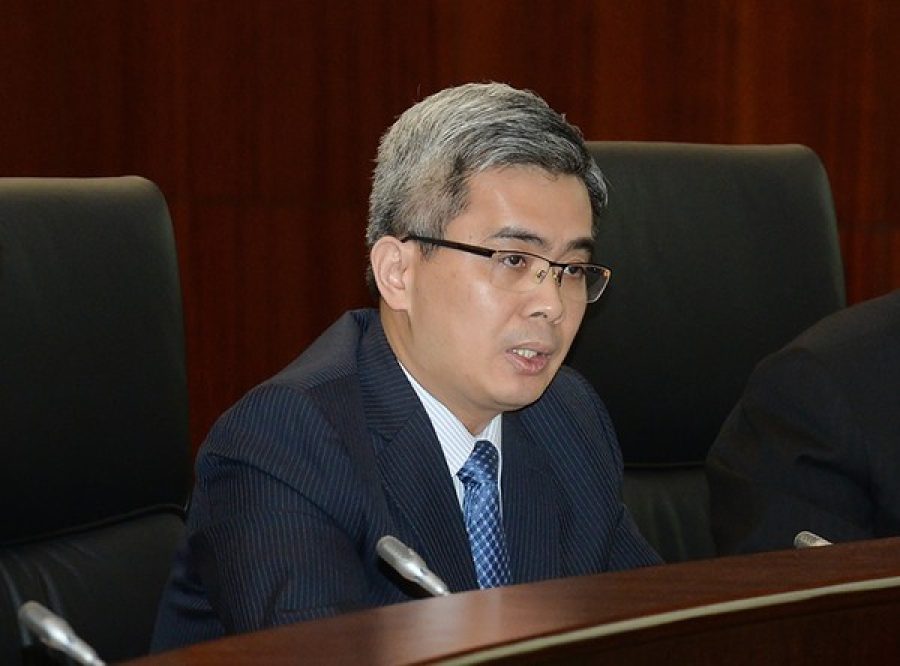Secretary for Security Wong Sio Chak stressed on Thursday the important role that closed-circuit television (CCTV) cameras play for the police since officers often need the video footage to identify suspected criminals and investigate traffic accidents.
Wong made the remark during a Q&A session in the legislature’s hemicycle about his portfolio’s policy guidelines for this year.
The policy secretary’s portfolio comprises the city’s various law enforcement agencies and the fire service.
The two-day Q&A plenum ends today.
Lawmaker Kwan Tsui Hang asked Wong about the installation of CCTV cameras, noting that the legislature has given the green light to the government to go ahead with the initiative. “Society supports it and residents want the plan [CCTV installations] to be implemented. But it has been a few years since the police first proposed it and it has been three years since legislators passed it,” said Kwan, noting that many of the cameras have still not been installed. “So I want to know, when do you think the whole plan will be completed?”
Wong replied that the installation had been divided into four phases, in which a total of 1,620 public CCTV cameras will be installed. He said that 820 cameras were slated to be installed in the streets in the first three phases, while the remaining 800 cameras would be installed in the fourth phase.
The secretary, who previously headed the Judiciary Police (PJ), said the police highly valued the important role of the cameras. “For example… in case of arson, the Judiciary Police (PJ) have to dispatch 20 to 30 officers to look for CCTV cameras [installed in private properties]. When they find one, they have to ask banks or shops [for the footage] but often they [bank or shop staff] say that the surveillance was not on, or the system was down, or they refuse to hand over the footage,” said Wong. “So the investigation is hindered.”
Wong also said that public CCTV cameras were equally vital for the traffic police, especially when they investigate accidents. “How many times do the police have to plead for eyewitnesses to come forward to provide information? So you can imagine how important it is [to have the cameras in place],” he said.
The policy secretary went on to say that a company’s bid for the project’s first phase had been accepted recently, adding a timeline had been set, according to which the first phase, involving 219 cameras, has to be finished in 360 days while the second and third phases are to be completed in 996 days. He did not mention the timeline for completion of the fourth phase. (macaunews/macaupost)






